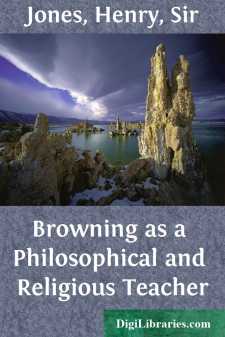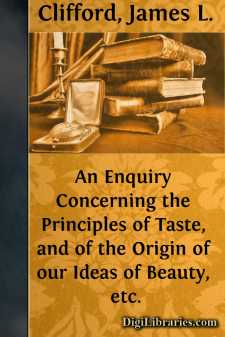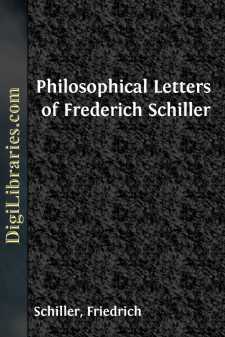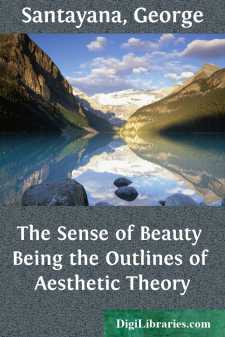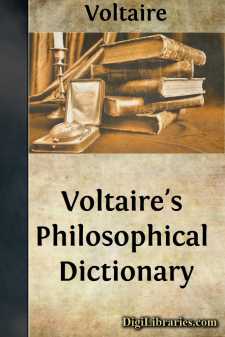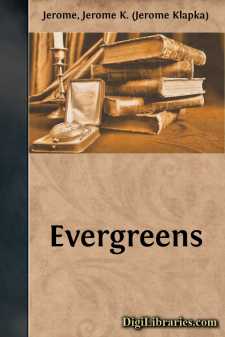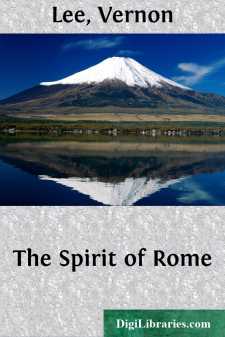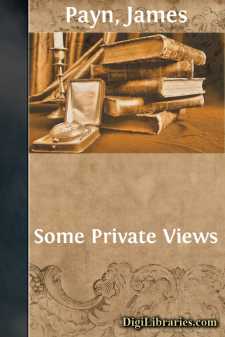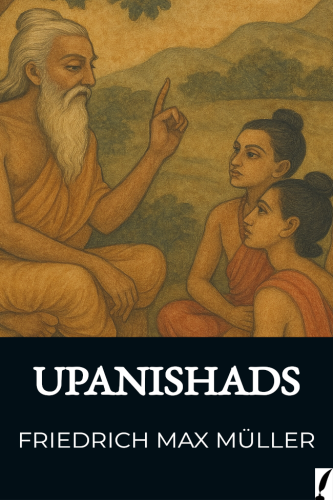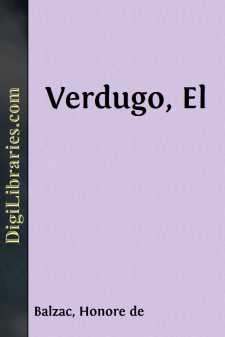Categories
- Antiques & Collectibles 13
- Architecture 36
- Art 48
- Bibles 22
- Biography & Autobiography 813
- Body, Mind & Spirit 142
- Business & Economics 28
- Children's Books 15
- Children's Fiction 12
- Computers 4
- Cooking 94
- Crafts & Hobbies 4
- Drama 346
- Education 46
- Family & Relationships 57
- Fiction 11829
- Games 19
- Gardening 17
- Health & Fitness 34
- History 1377
- House & Home 1
- Humor 147
- Juvenile Fiction 1873
- Juvenile Nonfiction 202
- Language Arts & Disciplines 88
- Law 16
- Literary Collections 686
- Literary Criticism 179
- Mathematics 13
- Medical 41
- Music 40
- Nature 179
- Non-Classifiable 1768
- Performing Arts 7
- Periodicals 1453
- Philosophy 64
- Photography 2
- Poetry 896
- Political Science 203
- Psychology 42
- Reference 154
- Religion 513
- Science 126
- Self-Help 84
- Social Science 81
- Sports & Recreation 34
- Study Aids 3
- Technology & Engineering 59
- Transportation 23
- Travel 463
- True Crime 29
Browning as a Philosophical and Religious Teacher
by: Henry Jones
Categories:
Description:
Excerpt
CHAPTER I.
INTRODUCTION.
"Grau, theurer Freund, ist alle Theorie,
Und grün des Lebens goldner Baum." (Faust.)
There is a saying of Hegel's, frequently quoted, that "a great man condemns the world to the task of explaining him." The condemnation is a double one, and it generally falls heaviest on the great man himself, who has to submit to explanation; and, probably, the last refinement of this species of cruelty is to expound a poet. I therefore begin with an apology in both senses of the term. I acknowledge that no commentator on art has a right to be heard, if he is not aware of the subordinate and temporary nature of his office. At the very best he is only a guide to the beautiful object, and he must fall back in silence so soon as he has led his company into its presence. He may perhaps suggest "the line of vision," or fix the point of view, from which we can best hope to do justice to the artist's work, by appropriating his intention and comprehending his idea; but if he seeks to serve the ends of art, he will not attempt to do anything more.
In order to do even this successfully, it is essential that every judgment passed should be exclusively ruled by the principles which govern art. "Fine art is not real art till it is free"; that is, till its value is recognized as lying wholly within itself. And it is not, unfortunately, altogether unnecessary to insist that, so far from enhancing the value of an artist's work, we only degrade it into mere means, subordinate it to uses alien, and therefore antagonistic to its perfection, if we try to show that it gives pleasure, or refinement, or moral culture. There is no doubt that great poetry has all these uses, but the reader can enjoy them only on condition of forgetting them; for they are effects that follow the sense of its beauty. Art, morality, religion, is each supreme in its own sphere; the beautiful is not more beautiful because it is also moral, nor is a painting great because its subject is religious. It is true that their spheres overlap, and art is never at its best except when it is a beautiful representation of the good; nevertheless the points of view of the artist and of the ethical teacher are quite different, and consequently also the elements within which they work and the truth they reveal.
In attempting, therefore, to discover Robert Browning's philosophy of life, I do not pretend that my treatment of him is adequate. Browning is, first of all, a poet; it is only as a poet that he can be finally judged; and the greatness of a poet is to be measured by the extent to which his writings are a revelation of what is beautiful.
I undertake a different and a humbler task, conscious of its limitations, and aware that I can hardly avoid doing some violence to the artist. What I shall seek in the poet's writings is not beauty, but truth; and although truth is beautiful, and beauty is truth, still the poetic and philosophic interpretation of life are not to be confused. Philosophy must separate the matter from the form....


